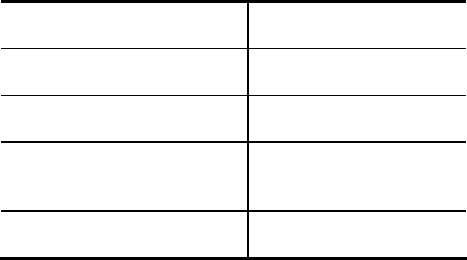
Daimler Communications, 70546 Stuttgart, Germany
Mercedes-Benz – A Daimler Brand
Page 9
Engine weight (dry)
199 kg
Fuel consumption
14.4 (14.5) l/100 km
CO
2
emissions
344 (347) g/km
Acceleration
0-100 km/h
4.6
Top speed
250 km/h*
Figures in brackets refer to long-wheelbase version; * electronically limited.
Electronically controlled fuel supply for outstanding agility
Outstanding agility and instantaneous responsiveness are the undoubted
strengths of the AMG 6.3-litre V8 engine, thanks in no small part to the electro-
nically controlled fuel supply. It operates with an on-demand system pressure of
3.8 to 5.0 bar. According to power requirements and external temperature, fuel
pressure is adjusted and regulated almost instantly. The engine management
system translates the command from the accelerator within milliseconds into the
corresponding fuel pressure setting. Such control ensures rapid vehicle response
and a sporty thrust across all load ranges and at all engine speeds.
In the interests of optimal reliability, the S 63 AMG has a particularly efficient
water cooling system and large engine and transmission oil coolers. Located
behind the apertures in the AMG front apron, these coolers ensure non-critical
operating temperatures at all times – even under the extreme stress of the
racetrack. The AMG sports exhaust system with two oval twin chromed tailpipes
delivers the telltale eight-cylinder vocals.
S 65 AMG: exclusive effortless superiority
A twelve-cylinder engine has always been the pinnacle of the engine builders' craft.
The V12 powerpack on the S 65 AMG is regarded by engine experts as a prime
example of this rare art: thanks to its displacement of 5980 cc, twin turbochargers
and powerful air/water intercooler, the AMG V12 delivers maximum power of
450 kW/612 hp between 4800 and 5100 rpm and maximum torque of 1000 newton
metres. The torque has been reduced from 1200 to 1000 newton metres out of


















